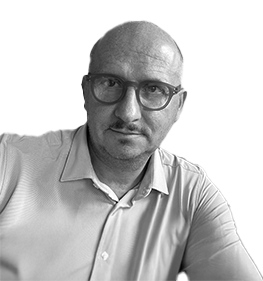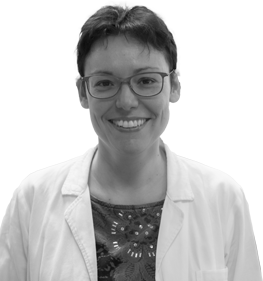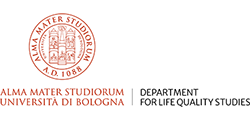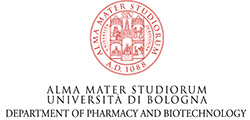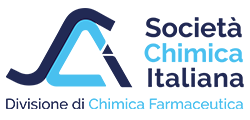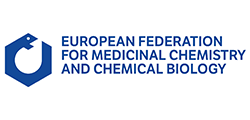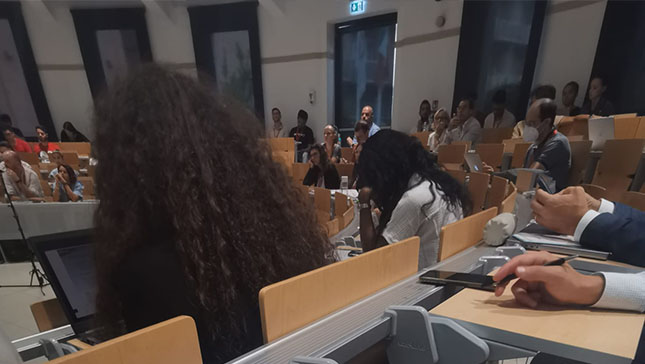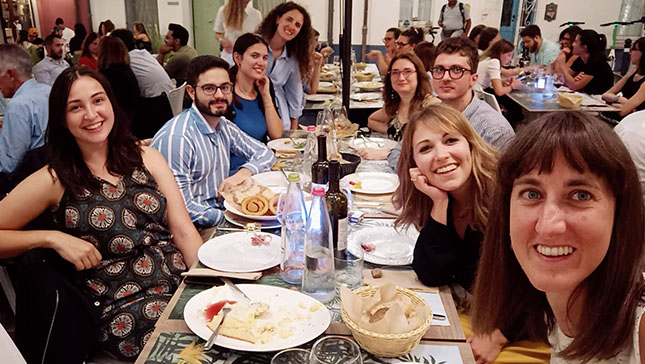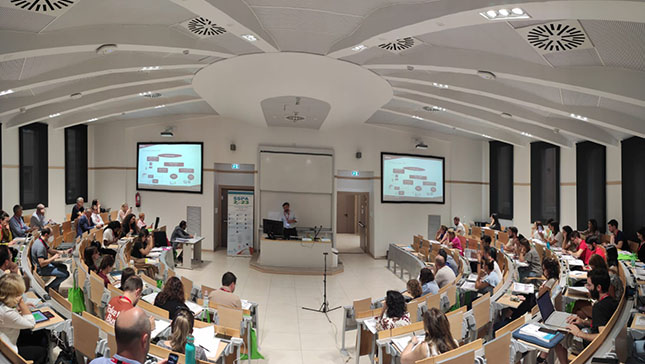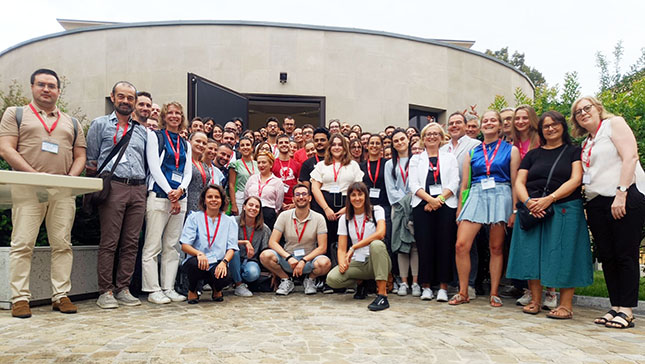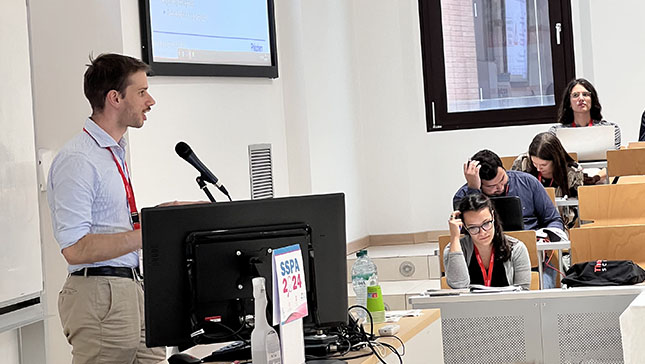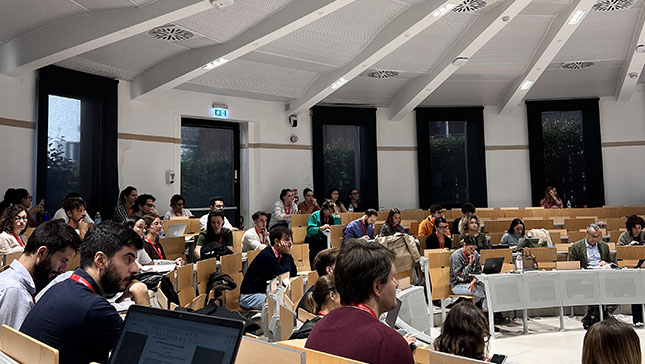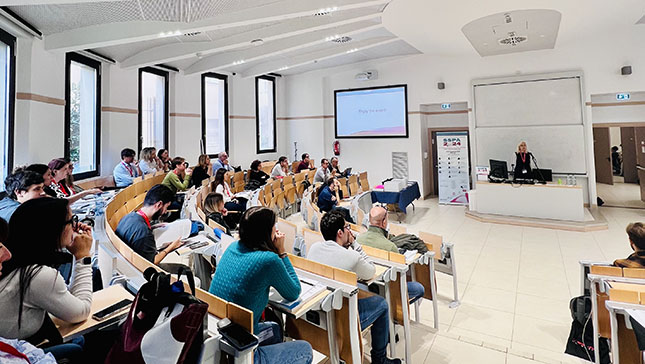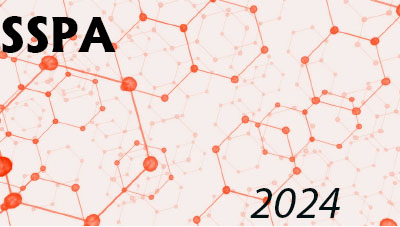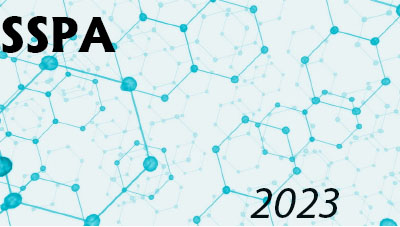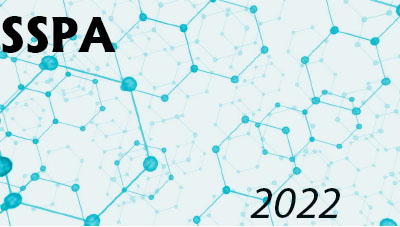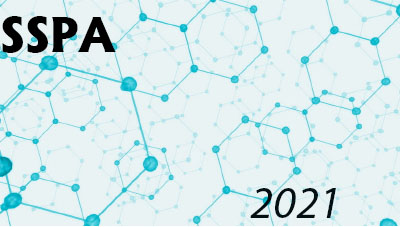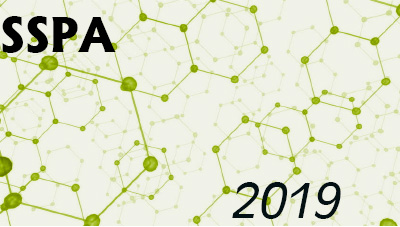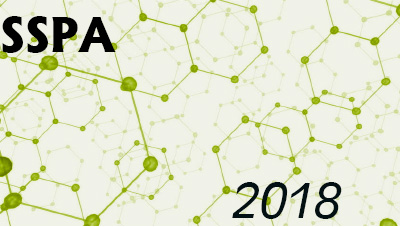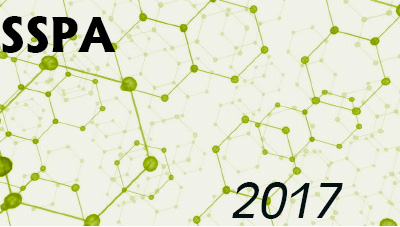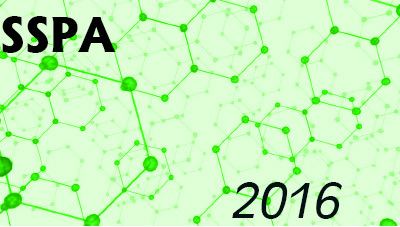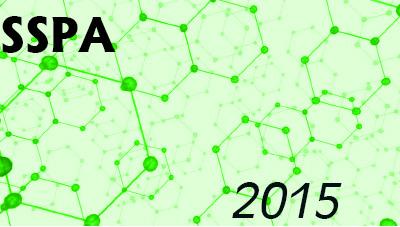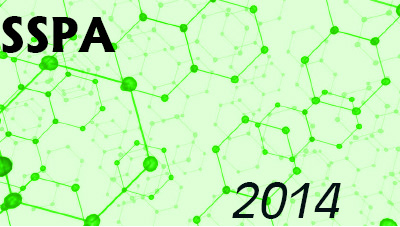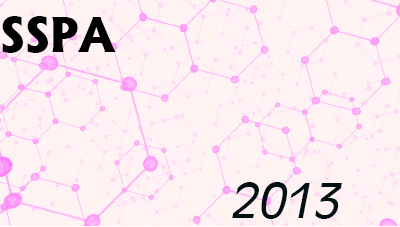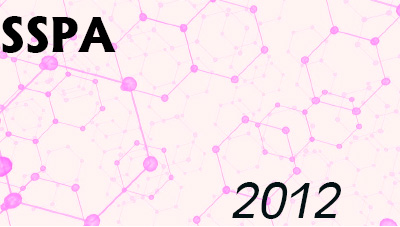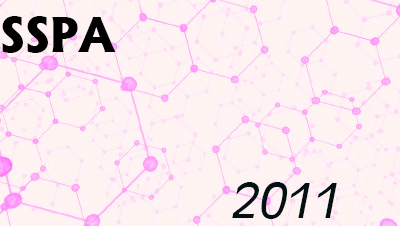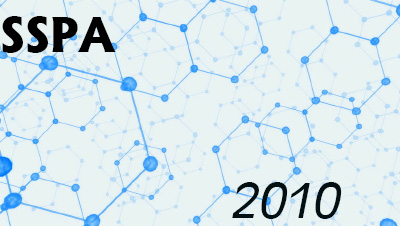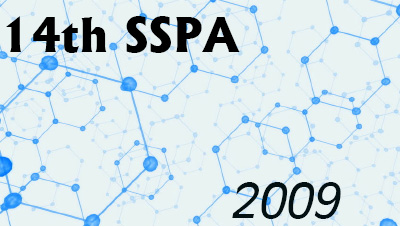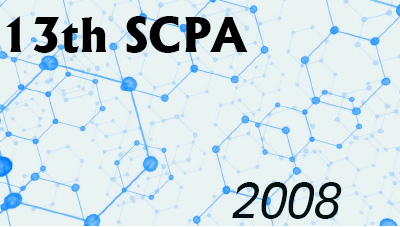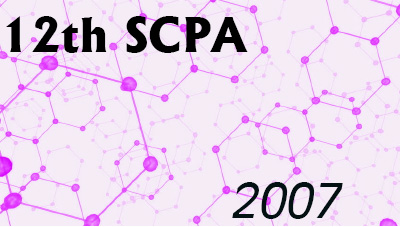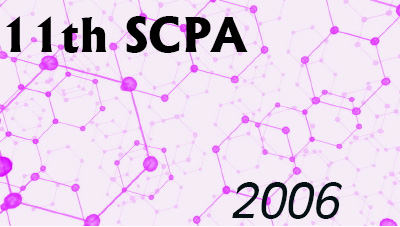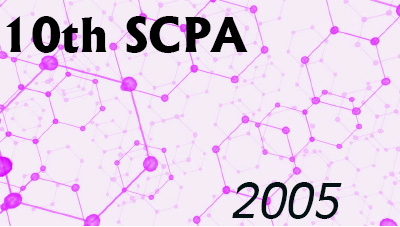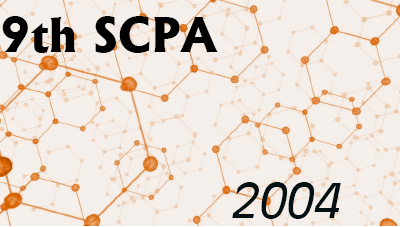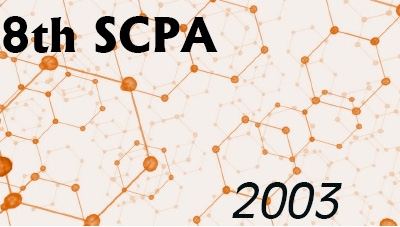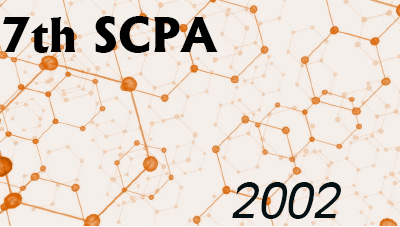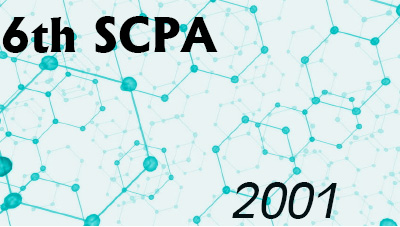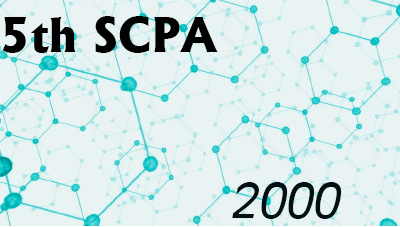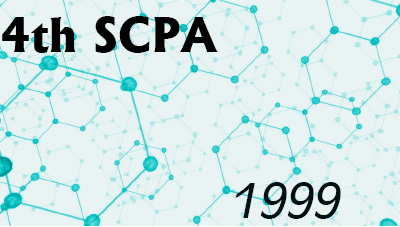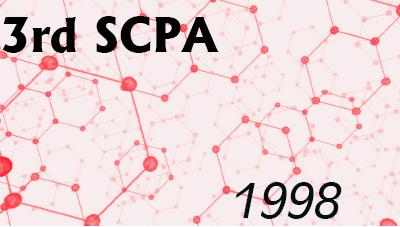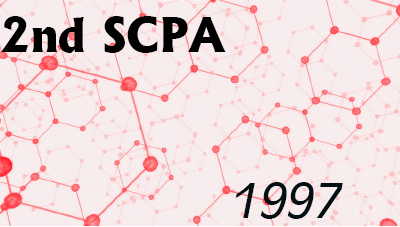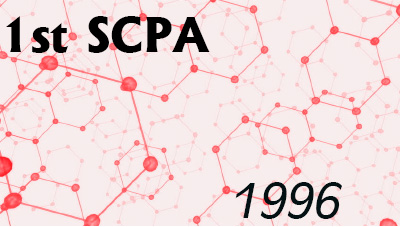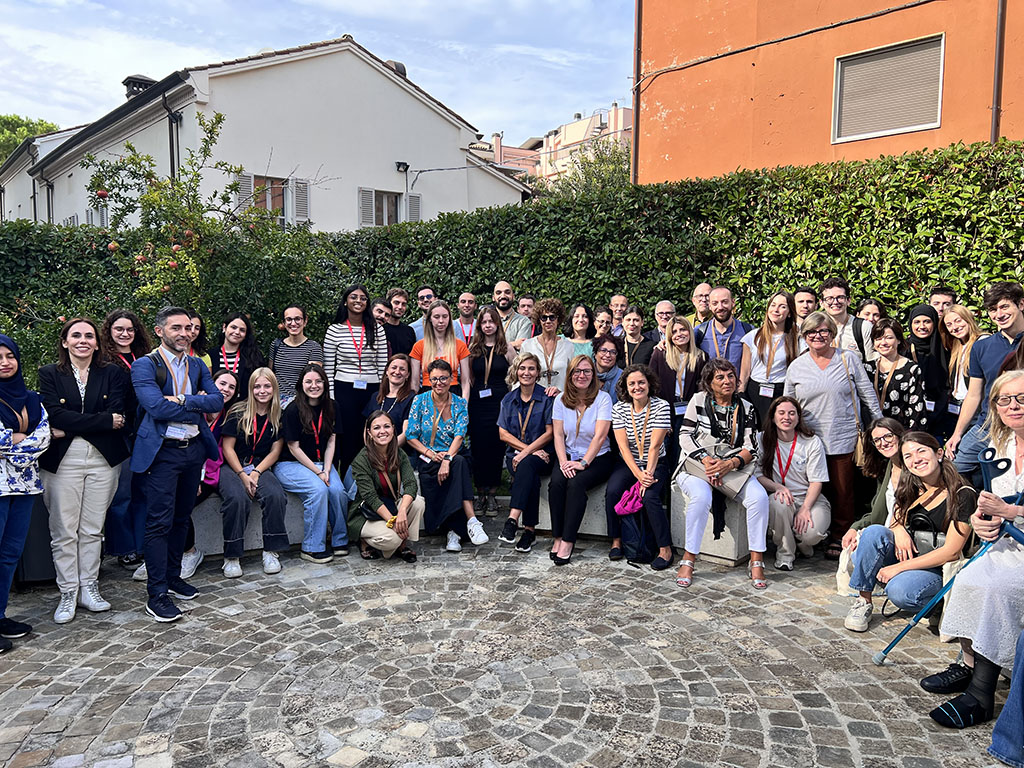Developing cell and gene therapies: a journey from concepts to patients
Università degli Studi di Modena e Reggio Emilia, Modena,Italy
 Abstract
Abstract
Navigating the analytical lifecycle: strategic management for streamlined product development
GLP SR-Tiget, San Raffaele Scientific Institute, Milan, Italy
 Abstract
Abstract
Workshop: challenge
GLP SR-Tiget, San Raffaele Scientific Institute, Milan, Italy
Chromatographic approaches for the analysis of Oligonucleotide Therapeutics and Vectors for AAV Gene Therapy
Tosoh Bioscience GmbH, Griesheim, Germany
 Abstract
Abstract
Bringing it to the next level: highly sensitive characterization and quantification of oligonucleotide impurities and metabolites
SCIEX, Milan, Italy
 Abstract
Abstract
10.15-10.45  Coffee break
Coffee break
Analytical challenges in mRNA and pDNA production - Enhancing mRNA-based therapeutics safety and efficiency
Sartorius BIA Separations, Ajdovscina, Slovenia
 Abstract
Abstract
Mass Spectrometry toolbox for the analysis of adeno-associated virus capsids used in gene therapy treatments
National Institute of Bioprocessing Research and Training, Dublin, Ireland
 Abstract
Abstract
L
U
N
C
H
T
I
M
E
LC-MS bioanalysis of oligonucleotide drugs: technology considerations and analytical challenges
F. Hoffmann-La Roche Ltd, Basel, Switzerland
 Abstract
Abstract
Separation and Determination of Therapeutic Oligonucleotide Metabolites - Nusinersen Case Study for the Treatment of Spinal Muscular Atrophy
Nicolaus Copernicus University, Torun, Poland
 Abstract
Abstract
15.15-15.45  Coffee break
Coffee break
Workshop: results
GLP SR-Tiget, San Raffaele Scientific Institute, Milan, Italy
Flow cytometry validation to assess the number of circulating cells in preclinical studies
Aptuit (Verona) Srl, an Evotec Company, Italy
 Abstract
Abstract
10.45-11.15  Coffee break
Coffee break
Immunogenicity of ATMs: evaluation of the presence of anti-drug antibodies using ligand binding assays
Frontage Europe S.r.l., Nerviano, Italy
 Abstract
Abstract
qPCR validation and application to biodistribution studies qPCR validation and application to biodistribution studies
Aptuit (Verona) Srl, an Evotec Company, Italy
 Abstract
Abstract
L
U
N
C
H
T
I
M
E
The experience of mRNA and AdV vaccines: humoral and cellular biomarkers for the evaluation of the immune response to SARS-CoV-2 vaccination and breakthrough infections
IRCCS Sacro Cuore Don Calabria Hospital, Negrar di Valpolicella, Verona, Italy
 Abstract
Abstract




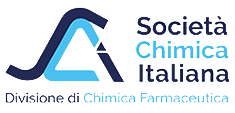
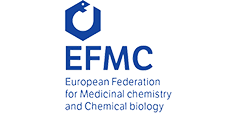
 Massimo Dominici
Massimo Dominici










